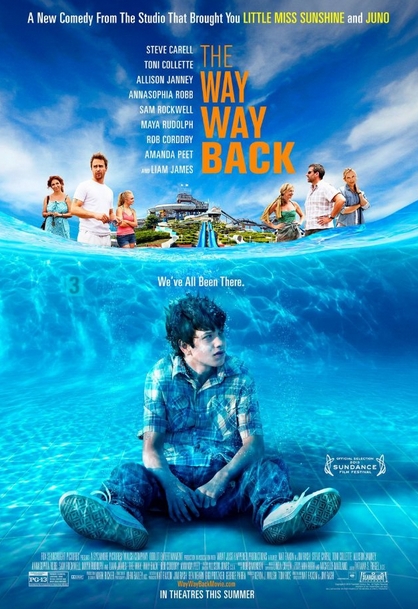 |
| Source: http://darrenschalk.com/wp-content/uploads/2014/04/Noah-2014-Movie-Poster.jpeg |
Director: Darren Aronofsky
Screenwriter: Darren Aronofsky, Ari Handel
Stars: Russel Crowe, Jennifer Connolly, Ray Winstone, Emma Watson
Cinemaligious doubt:
When I first read that Darren Aronofsky was making a Noah biopic with Russel Crowe in the title role, I did not really know what to make of it. To be sure, Aronofsky is one of my all time favourite directors, but biblical movies are not exactly my cup of tea, the main reason being that the genre has a very limited pool of original stories to draw from. Almost everyone from the western world has heard the story of Noah's Arc on at least a few occasions, as is the case with any significant story from the bible. No matter how interesting or well told these stories might be, the fact that none of them ever really manage to surprise you more than once still remains, at least in my opinion. That being said though, the cast and crew that stood behind this adaption of the biblical tale easily warranted a viewing and a review of the film, predictable story or not.
Teaching an old dog a few new tricks:
Seeing as the tale of Noah's arc is such a familiar one to most of us and because Aronofsky's film sticks to the "original material" pretty well, I will not delve too much into the plot of Noah. All the events that you would expect to take place in a film such as this do in fact take place (yes, the flood does come, and yes, Noah does manage to finish the Arc in time), and due to this element of predictability, Aronofsky had to tell his story in a way that would go beyond that which we already knew, and find something in the tale of Noa's Arc that we did not know we had missed.
The director chose to focus on the inner struggle of his titular character in an attempt to find this element of originality, because as Russel Crowe said in an interview earlier this year, most people think of Noah as a wholly good and spiritual man, who had to have been a decent person simply because he saved the human race from extinction. However, this heavy focus on Noa's doubts and fierce devotion to his cause shows us that nothing in this world is that black and white, and the Noa we see instead is downright ruthless and intimidating at times. I personally enjoyed the direction that Aronofsky chose to take the story, and although a lot of religious people have whined and complained about the "factual inaccuracies" that this core element of the film causes, the movie would have been incredibly dull were it not for the fact that it tried to take its well known story in a somewhat unfamiliar direction.
A sufficient amount of sufficiency:
Noah does a pretty good job in terms of performances as well, although I do not think that any of them are outstanding as much as they are simply sufficient. Russel Crowe and Ray Winstone take turns at chewing up scenery and switching up their accents, Jennifer Connolly and Emma Watson cry most of the time in order to show us how hard it is to live on an arc, and Logan Lerman deals with a pretty severe case of "being trapped in an arc"-induced blue balls for most of the film. It is one of those cases where you can not really put a finger on anything and say that someone is doing a bad job, however you are still feeling as if there is something left to be desired. Jennifer Connolly just might be the standout performance of the film, but then again, she is not really given too much material to work with. She is very good a crying convincingly, but whether that is enough to elevate a performance from good to being great is hard for me to say.
More money and less depth:
All in all, Noah was a pretty entertaining movie in my opinion, albeit a far less enthralling and emotionally punishing piece of work than most of Aronofsky's other films. He was given a much larger budget when making this movie than he has ever had before, and even though he did well with it and managed to make a grand movie with big action sequences and swooping shots of wast landscapes, his lower budget movies such as The Wrestler, Black Swan and Requiem for a Dream are far superior in my opinion. The most interesting element of the film is the character of Noah and the darkness that Aronofsky and Ari Handel allowed into to his otherwise predictable and sort of worn out story, which is pretty much how I feel about the film as a whole as well: predictable and kind of familiar, but with a few variations that makes it worth the watch .












.jpg)



